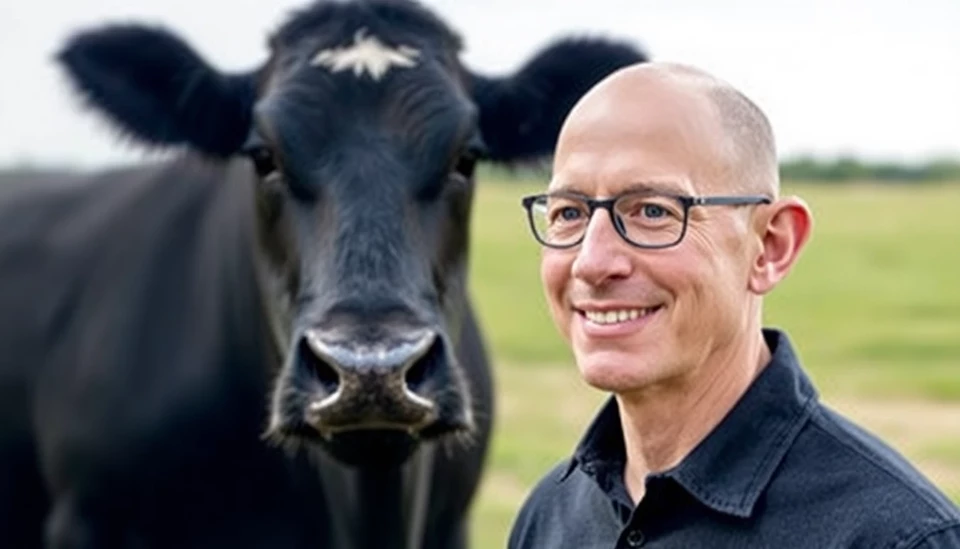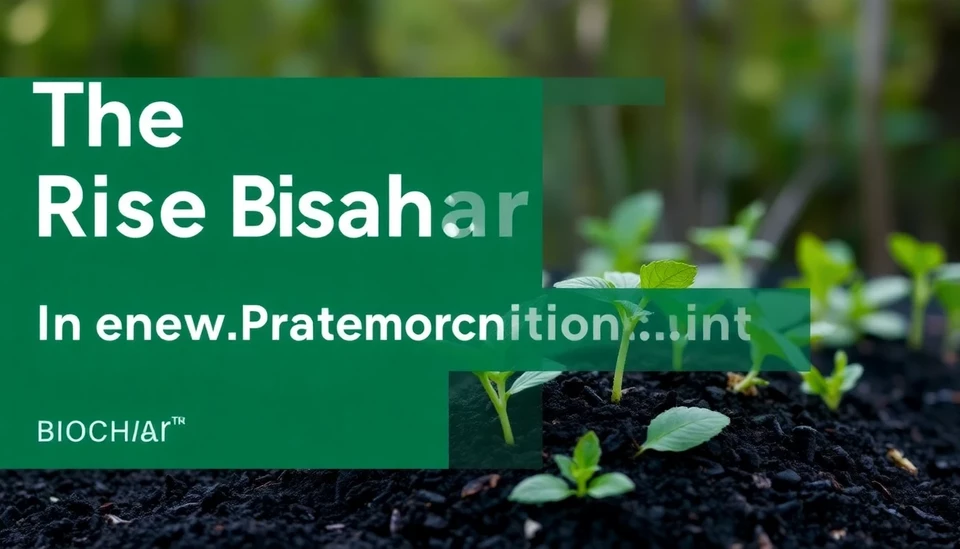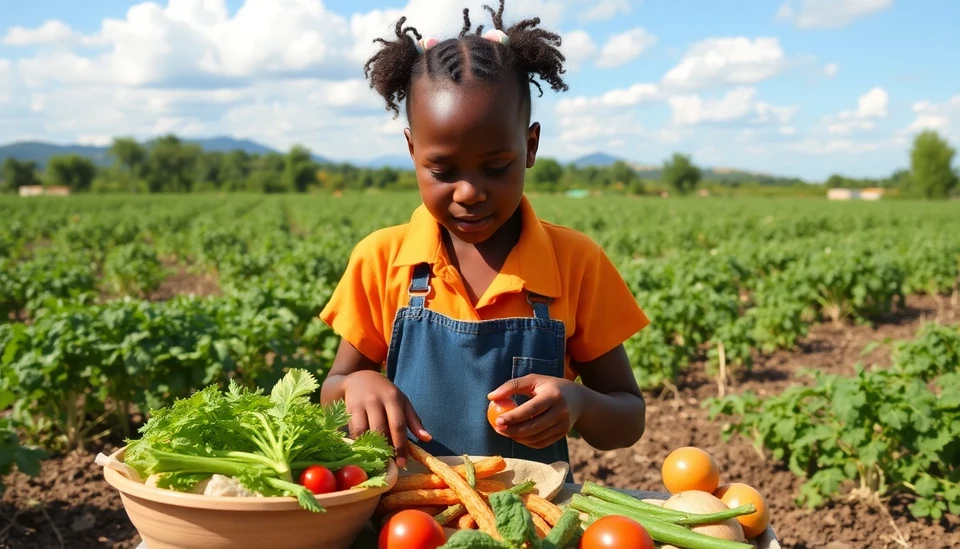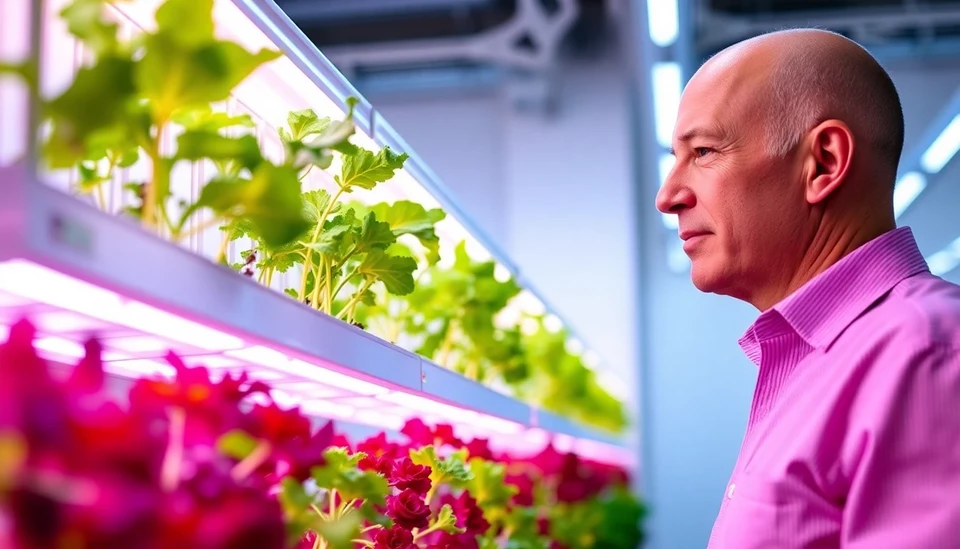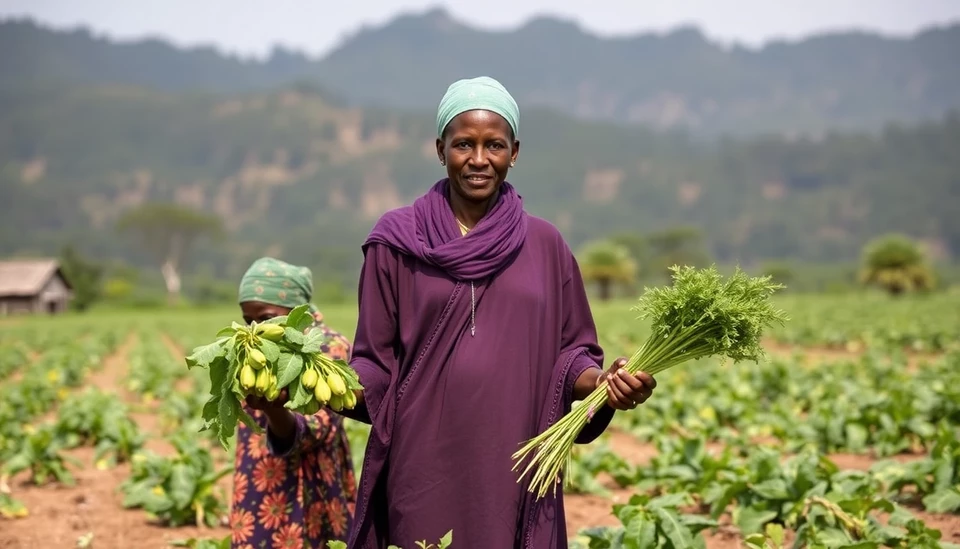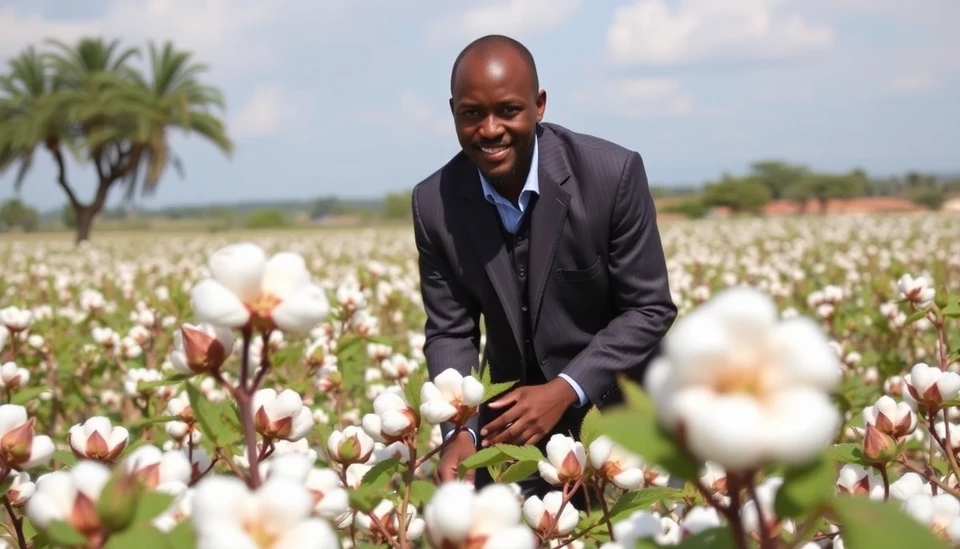
Africa's foremost cotton producer is adapting its agricultural practices to meet upcoming European Union (EU) sustainability regulations. This strategic shift, aimed at aligning with global environmental standards, reflects a broader commitment to sustainable farming amidst rising pressures for greener practices in agriculture. The anticipated EU rules, which are set to take effect in the near future, will impose stricter guidelines regarding chemical usage, sustainability, and environmental responsibility on imported agricultural products.
As the demand for sustainable textiles grows, countries are increasingly scrutinizing their supply chains. The prospect of stricter EU regulations has prompted the African cotton industry to consider the various operational changes required to maintain trade relations with one of the world's largest markets. The leading cotton-producing nations in Africa are particularly focused on enhancing their farming methodologies to ensure compliance with these new, rigorous import standards.
The change is not only necessary for international trade but also beneficial in addressing local environmental concerns. Cotton farming in Africa has faced criticism for practices that deplete natural resources and harm local ecosystems. By shifting towards more sustainable solutions, the industry aims to improve soil health, water management, and community livelihoods while also reducing carbon footprints.
Experts believe that this green transition represents a significant opportunity for African cotton growers to innovate and become leaders in sustainable agriculture. By implementing practices such as organic farming, efficient irrigation, and integrated pest management, these producers could position themselves competitively in the global market, appealing not only to the EU but to environmentally conscious consumers worldwide.
Moreover, improved sustainability practices can facilitate access to new funding and partnerships with businesses looking to meet their own sustainability goals. This alignment can lead to better prices and stronger relationships with exporters who are eager to fulfill the rising demand for sustainably sourced materials.
The shift towards eco-friendly practices comes as the textile industry faces growing scrutiny regarding its environmental impact. Industry stakeholders expect that the revamped regulations will also encourage more transparency in supply chains and empower consumers to make informed choices about their purchases.
In summary, as Africa's leading cotton producer prepares to navigate the challenges posed by the upcoming EU regulations, the industry is seizing the chance to enhance its sustainability efforts. The move not only signals a response to international trading dynamics but also represents a necessary evolution toward sustainable farming that benefits both the environment and local communities.
With these transformations underway, the future for African cotton looks promising as it strives to reclaim its position in the global market while championing sustainable agricultural practices.
#SustainableAgriculture #AfricanCotton #EULaws #EcoFriendly #Sustainability #TextileIndustry #CottonProduction #GreenFarming #GlobalTrade
Author: Sophie Bennett
